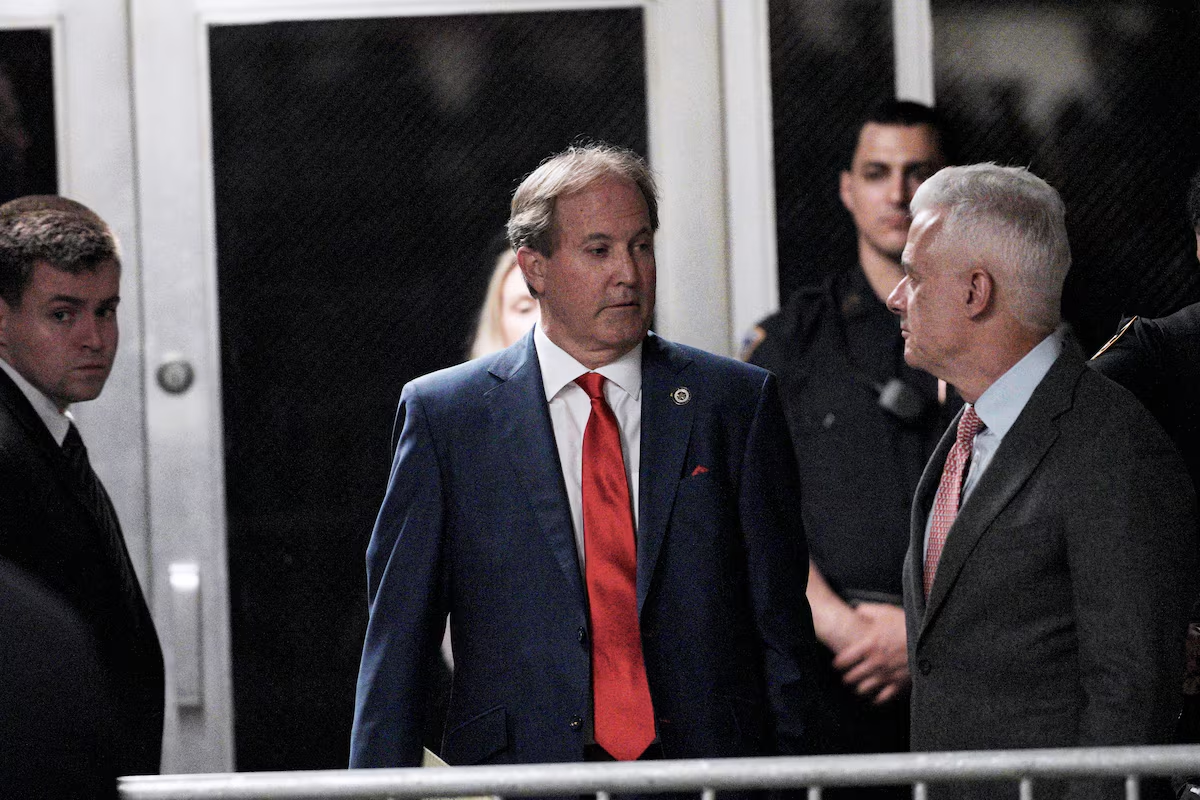The Texas Supreme Court on Tuesday dealt a significant blow to efforts by state bar regulators to discipline Brent Webster, a top deputy to Republican Attorney General Ken Paxton. In a 7-2 ruling, the court rejected the disciplinary case tied to Texas’s controversial 2020 election lawsuit, effectively safeguarding Webster and potentially shielding Paxton from similar scrutiny.
Ruling Defends Executive Prerogative
Justice Evan Young, writing for the majority, argued that the disciplinary commission’s case against Webster amounted to “second-guessing” the claims made by Paxton’s office in their U.S. Supreme Court filings. He maintained that pursuing such cases violated the separation-of-powers principles outlined in Texas’s constitution.
“Allowing collateral attacks like the commission’s lawsuit would improperly invade the executive branch’s prerogatives and risk politicizing the judiciary,” Young wrote. All seven justices in the majority are Republicans, like Paxton.
Webster and Paxton Respond to Victory
Webster celebrated the court’s decision, labeling the State Bar of Texas’s actions as “ridiculous attempts to wage legal warfare” against him and his office. He described the lawsuit as “a disgraceful disservice to the people of Texas.”
Attorney General Paxton, who also faces a similar disciplinary case, praised the ruling, stating it marked “the end of this witch hunt against the leadership of my office.” Paxton’s case remains pending, but the court’s reasoning could likely influence its outcome.
The State Bar of Texas declined to comment on the decision.
Background on the Disciplinary Cases
The disciplinary cases stemmed from Texas’s failed attempt to overturn the 2020 presidential election results in four swing states where Joe Biden defeated Donald Trump. The U.S. Supreme Court swiftly dismissed the case, citing a lack of legal standing.
In 2022, the State Bar of Texas filed lawsuits against Webster and later Paxton, accusing them of making false statements about election fraud in their legal filings. These lawsuits mirrored national efforts to hold Trump-aligned attorneys accountable, including figures like Rudy Giuliani and John Eastman.
Initially, a trial court dismissed the case against Webster in 2021. However, an appeals court in El Paso revived it last year, prompting Webster to escalate the matter to the Texas Supreme Court.
Implications for Paxton and Future Cases
The court’s decision does not directly resolve the disciplinary case against Paxton, but its logic could likely lead to a similar outcome. Paxton’s office has long been under scrutiny for its handling of election-related legal challenges, a stance that has bolstered his standing among Trump-aligned Republicans.
The case, Webster v. Commission for Lawyer Discipline (Texas Supreme Court, No. 23-0694), underscores the ongoing tension between state bar regulators and attorneys who advanced efforts to overturn the 2020 election. It also highlights the judiciary’s balancing act in maintaining independence while navigating politically charged cases.

